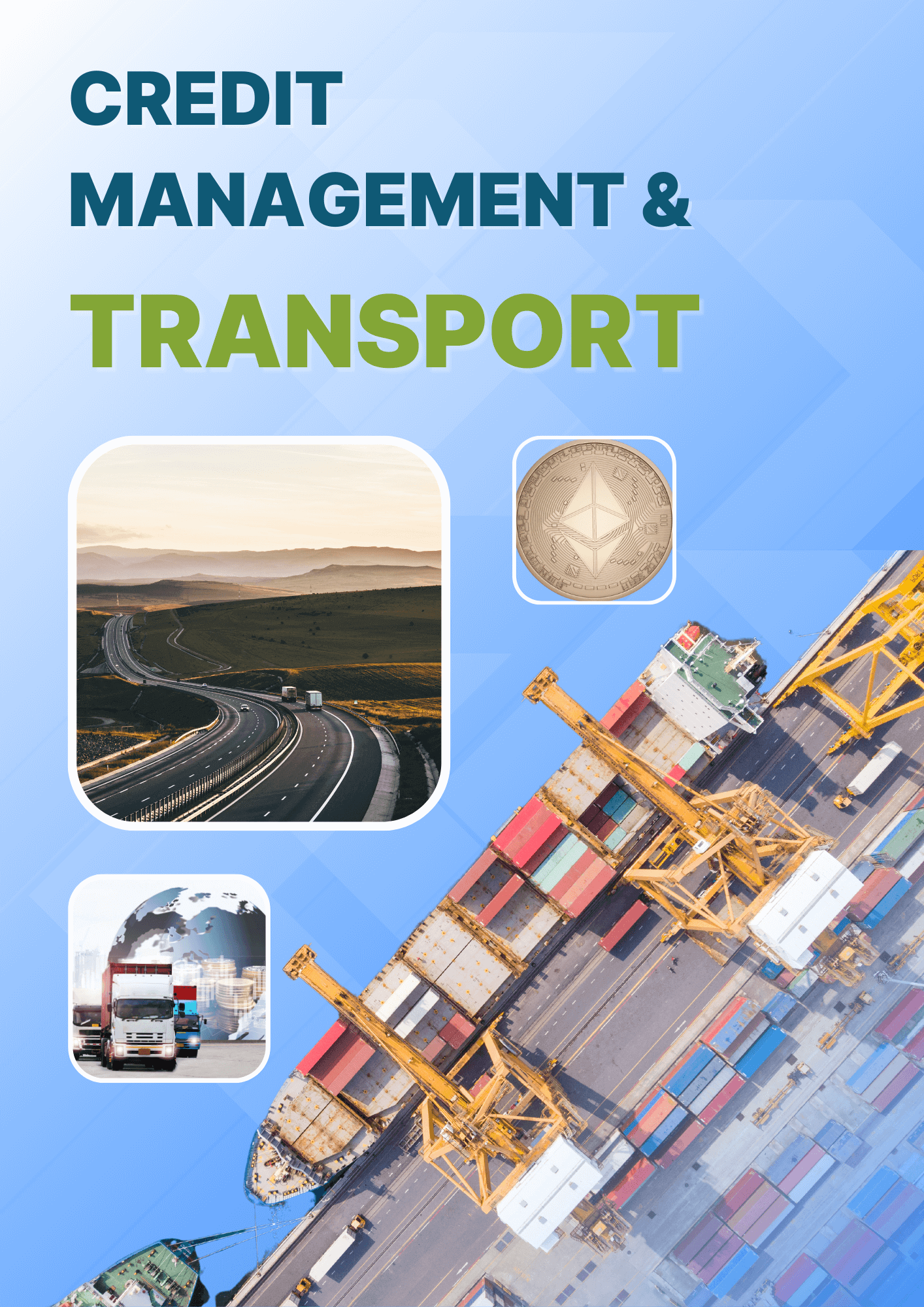
Behind the roaring engines and hum of logistics, a vital force operates quietly in the shadows: Credit management. This role, which combines legal expertise, operational insight and financial precision, ensures that cash flows remain as seamless as the movement of goods. For transport companies navigating a maze of legal complexities – from the Gayssot Law to road cabotage regulations – credit managers are at the helm, steering operations toward profitability and stability.
This article invites you to explore the unique legal frameworks and specific challenges that shape the role of the credit manager in the transportation industry. From collecting unpaid invoices to resolving disputes to using smart tools to streamline processes, we'll dive into what makes success in this industry about more than just wheels on the road: it's about having the right strategies to keep the cash flowing!
1. The Gayssot Law: The trump card for transport operators
Imagine this: your company delivers goods, but payment never arrives. Rather than engaging in lengthy legal battles, the Gayssot Act (Article L.132-8 of the French Commercial Code) offers you a powerful tool: direct action. This legal provision allows transporters to bypass intermediaries and request payment directly, from either the sender or the recipient of the goods.
In France, this law is a lifeline for credit managers, allowing them to overcome administrative obstacles and accelerate acount receivables collection. Imagine sending a formal letter, with the confidence that strong legal frameworks support your payment request.
But the impact of this law extends beyond French borders. Through international agreements such as the CMR Convention (Convention on the Contract for the International Carriage of Goods by Road), this mechanism extends to transport disputes across Europe, making it a valuable asset for managing cross-border challenges.
2. Priority payment rights: Transporters take the lead in insolvency proceedings
When a company faces insolvency, creditors fight to recover what is owed to them. In France, however transporters enjoy a priority in repayments, second only to employee wages. This privileged status, known as a "legal lien", is stablished under article L.622-17 of the Commercial Code and represents a significant advantage.
Imagine a client declaring bankruptcy. Instead of joining the long queue of unsecured creditors, your transport invoices are put at the top. However, this priority hinges on one crucial factor: speed. If claims are not filed in time, the privilege is forfeited, underscoring the importance of swift action in protecting transporters' rights.
3. LME Law: No problem for transporters
In France, the Law on the Modernization of the Economy (LME) generally imposes a period of 60 days for the payment of invoices. But transport companies benefit from an exception: they must be paid within 30 days, which which facilitates risk management and accelerates collections.
This exception is a valuable benefit – but only if disputes do not slow down the process. For example, missing pallets during delivery can lead to disputes, effectively negating the benefit of the shortened payment term.
4. Road cabotage: The hidden costs of non-compliance
Few areas of transport law are as misunderstood as road cabotage. Under EU Regulation 1072/2009, foreign drivers can make up to three domestic deliveries within seven days of entering France with an international cargo. Beyond this limit, they must leave the country.
For credit managers, cabotage is more than a compliance issue—it’s a profitability concern. Foreign drivers who exceed these limits or operate illegally can jeopardize the validity of invoices, leading to disputes or payment delays that directly impact cash flow.

The future of credit management in transport
In an industry where every day on the road counts, every day spent managing receivables is just as crucial. With the right strategies and tools, credit managers can not only address challenges, but also turn them into opportunities, guiding their companies to sustainable financial success. However, legal expertise alone is not enough. The key to success lies in combining this knowledge with powerful tools. Centralized documentation, seamless workflows, and automated alerts help credit managers stay ahead of the curve and turn roadblocks into growth opportunities. With tailored systems and approaches, credit managers can truly become the engines of financial success, ensuring the wheels keep turning and cash flows remain uninterrupted.
Contact us for a personalized consultation.